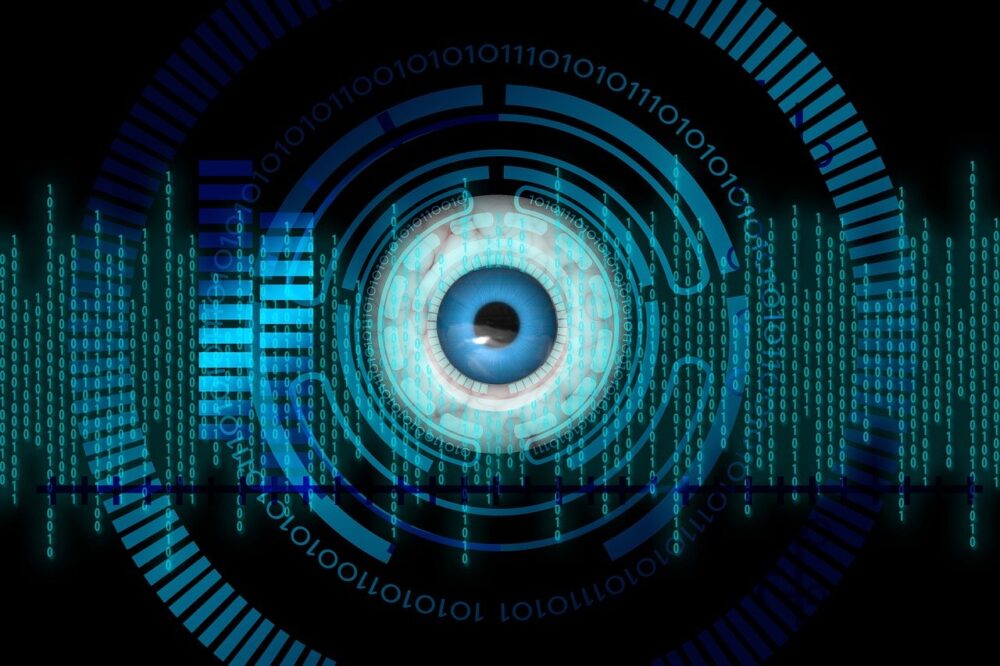Thinking computers? Not yet
For a few years now, computers have been getting better at generating text (and images). Since OpenAI (an Elon Musk–funded private artificial intelligence research lab) published their new GPT-3 (Generative Pre-trained Transformer-3) language model last year, hype around its capabilities has been growing, and many similar and even more powerful models have been created. Language […]
Thinking computers? Not yet Read More »








